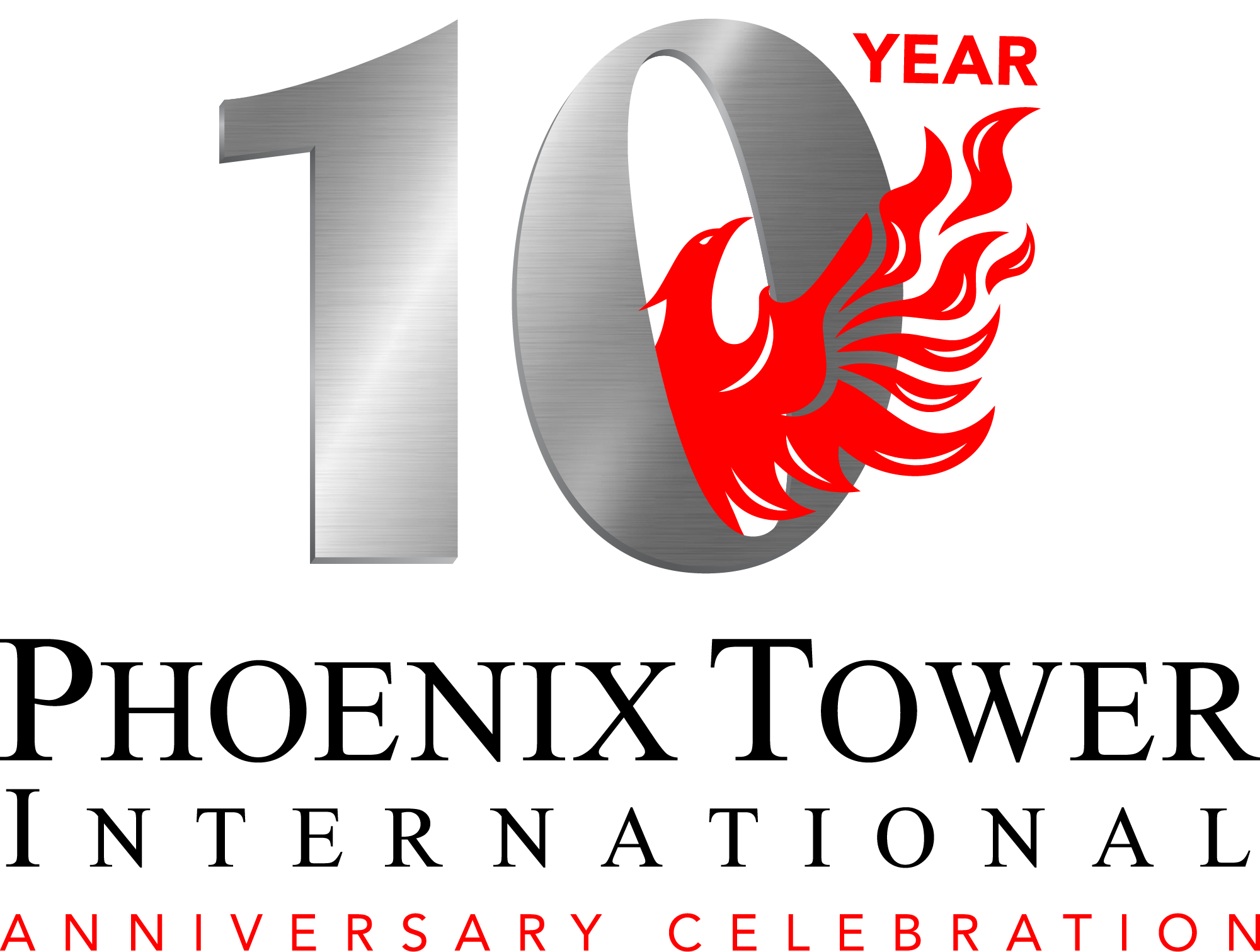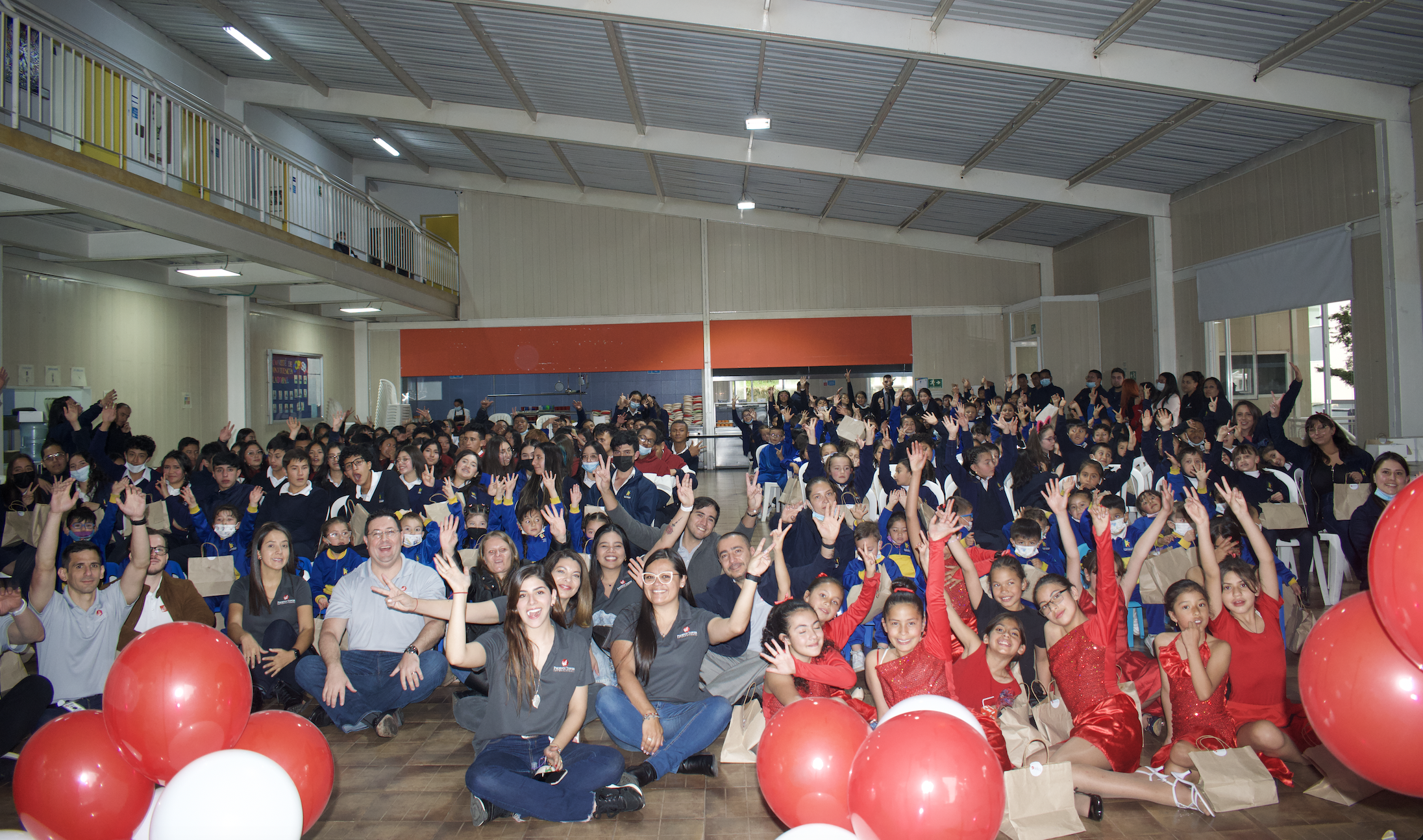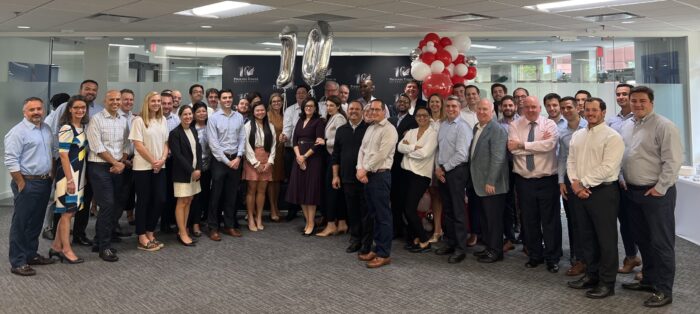 Dagan Kasavana, founder and CEO of Phoenix Tower International (PTI), likes the challenge of venturing into a new frontier.
Dagan Kasavana, founder and CEO of Phoenix Tower International (PTI), likes the challenge of venturing into a new frontier.
“After acquiring thousands of cell towers in the United States, they can begin to look alike,” he said. “But when we take the tower business model and apply it to other international markets, there are differences and similarities which drive value and can be quite interesting to understand and ultimately operate.”
In the last decade, Kasavana has enjoyed learning the distinctive ways that business is conducted in different cultures and different languages. That includes the United States, where PTI owns over 1,000 sites; Panama, Costa Rica and other markets in Central America; Dominican Republic and Jamaica in the Caribbean; almost every major South American country; Brazil and even to Ireland, France, Italy and other European markets. PTI is not only operational, it’s scaling.
“Ultimately, we had to learn how the coverage goals were met in those different markets and operate the business to win business from the MNOs,” Kasavana said. “Structuring each deal is very unique in terms of regulations, counter-parties, currency, real estate rights and transaction documentation.”
Operating in multiple markets allows PTI to thrive despite cyclical carrier capex spending. “When the carriers stop building between generations of wireless technology, you are at the mercy of that pause in that market until it ramps up again,” Kasavana explained. When you are geographically diversified, when one global market slows down, another picks up, paving a consistent path forward for PTI.
Starting From Scratch
To build a global company from scratch, Kasavana first concentrated on hiring people on the management team who were comfortable travelling and had international business experience and then he formed strong teams within each country.
“One of the challenges is finding and hiring great people in every market so that we can address any issues with boots on the ground. That way we are close to our assets and close to our customers,” Kasavana said. “In every market we are in, we have a general manager and individuals assigned to operations, sales, law and finance.”
Additionally, PTI has implemented systems that are adaptable to multiple markets, such as Siterra and Microsoft Dynamics 365. The resulting organizational structure was set up for scalability and consistency in data, reporting and integration across all markets.
“Having a global outlook has expanded our ability to opportunistically choose the best deals,” Kasavana said. “The upshot is you see a lot of deals when you are in several markets. And you will do better deals, because by definition, you see more and can be more selective.”
PTI has developed partnerships with multinational carriers, such as AT&T, Telefonica, Deutsche Telekom, America Movil, Bouygues Telecom, and Vodafone. “I felt if we were able to partner with multi-national MNOs by helping them with our flexible geographic approach, this would put us on the same footing as much larger tower companies as a partner of choice,” Kasavana said.
Poised for International Growth
That game plan has led to one of the largest international tower portfolios in the world in ten years. PTI’s early growth was in the United States, Central America, Colombia and Brazil.
In 2015, PTI experienced a defining movement when it entered the Dominican Republic with a portfolio of 200 towers. Fast forward to today, in that country alone, it has more than 2,000 towers. It’s also the company’s largest market in terms of personnel, with more than 130 people. From offices in Santo Domingo, PTI handles the Dominican Republic operations and also provides global asset management, accounting, and legal work for all markets. It also houses there, the network operations center for all of its tower sites, fiber and DAS networks.
“The Dominican Republic has become a real operational hub for the business,” Kasavana said. “It represents a successful example of operating a global business, where you’re able to scale resources in one market with a great team. So that, to me, has been a massive accomplishment we have achieved in the last ten years and one of the best things we did as a Company.”
 Another defining moment for the tower company came in 2014, when it began WINGS, its charitable arm, founded to engage in a wide range of philanthropic initiatives. PTI donated $100,000 that year, which grew to $1.25 million in 2023. Next year, it will grow to $2 million.
Another defining moment for the tower company came in 2014, when it began WINGS, its charitable arm, founded to engage in a wide range of philanthropic initiatives. PTI donated $100,000 that year, which grew to $1.25 million in 2023. Next year, it will grow to $2 million.
“This is not only cutting checks,” Kasavana said. “This is about making sure that our people are involved in all of our jurisdictions, partnering with our customers and communities we do business in on charities that are near and dear to our people. Furthermore, to have the full support of your investor group led by Blackstone to be philanthropic is very powerful and has allowed us to give back since day 1.”
In 2019, PTI experienced another turning point. It had acquired a total of 12,000 towers in the Americas, which it considered a critical mass, and it had entered most of the major markets. The decision was then made to pivot toward Europe.
Not hindered by the pandemic, PTI executed on those plans. In 2020, it signed an agreement with Eir to purchase 650 wireless towers in Ireland with a build-to-suit program. At the end of 2020, the company picked up 2,400 telecom towers, DAS networks and telecom sites across Italy from EI Towers SpA. In 2021, 815 towers and a build-to-suit program were purchased from Monaco Telecom across Malta and Cyprus.
Most recently, PTI closed on 1,978 sites in France — 1,226 hosting SFR and 752 hosting Bouygues Telecom. Taking into account previously announced build programs, PTI will own over 3,600 sites in France and is on track to own and operate over 5,000 sites in France within two years.
“This was an important transaction for our French and European footprints, and the reason is that keyword: diversity,” Kasavana said. “The acquisition added urban sites in France, which complements PTI’s previous holdings that were more rural as well as diversifying its customer base with SFR and Bouygues.” The transaction also made France PTI’s largest of 21 markets in terms of number of sites.
Today, PTI’s portfolio includes more than 5,000 towers in Europe and it is growing quickly. “We feel like we truly have put PTI on the map in Europe, in line with our business plan as an entrepreneurial, independent company that the customers really enjoy working with in the market,” Kasavana said. The partnership approach to PTI’s global carrier customers continues to drive the business forward.
Game Plan
Although some tower companies like Cellnex have rolled up large portfolios in Europe, Kasavana believes that, as in Latin America, there are plenty of towers left to allow PTI to scale up on the continent.
PTI competes with the larger, public tower companies by focusing not only on the largest opportunities but also on small and medium-sized markets. It develops partnerships and executes on smaller portfolios and telco sale/leasebacks deals as well as analyzing transactions and opportunities of any size. “We’re going to continue running that same entrepreneurial playbook in every market as we continue to grow and scale,” Kasavana said.
PTI has also entered markets that have historically been overlooked, such as the Caribbean. Today, it is the only tower company in the Caribbean, and it has 3,000 towers. Similarly, in Europe, Kasavana sees opportunities in the Mediterranean where PTI owns a number of assets including in Cyprus and Malta. He sees opportunities in Eastern Europe, in the Nordic countries, as well as in Western Europe.
Kasavana believes that scale is an important component of success. “In general, having that broader mandate, having that broader sandbox, allows us to look at more and ultimately to be adaptable when we find the best opportunities. Because we’re looking at more, we usually find things that our competitors aren’t as focused on, especially after we enter a market and start working directly with our customers,” Kasavana said.
Conclusion
In 10 years, PTI has purchased or constructed over 23,000 telecom towers throughout Europe, the U.S., Latin American and Caribbean. The numbers are impressive. But the most important thing Kasavana found in the last decade was his voice.
“Writing our mission statement was the first step in finding my voice,” Kasavana said. “The first sentence in our mission statement is about helping our business partners achieve their goals. That’s why we were founded. That’s why we’re here.”
Just as important to Kasavana, is leading a culture of values across the organization. You can hear his voice in PTI’s support of creativity, high standards, integrity and passion, a healthy environment, teamwork, innovation, and multiculturalism.
“It was important to create a company where every employee feels valued, and where there’s a high growth culture,” Kasavana said. “Our value-driven environment includes loving who we are and loving what we do and always looking out for the best interests of our business partners. That is what distinguishes us. We think the future is pretty bright with this unique approach.”
For more information, visit https://www.phoenixintnl.com/.



Reader Interactions